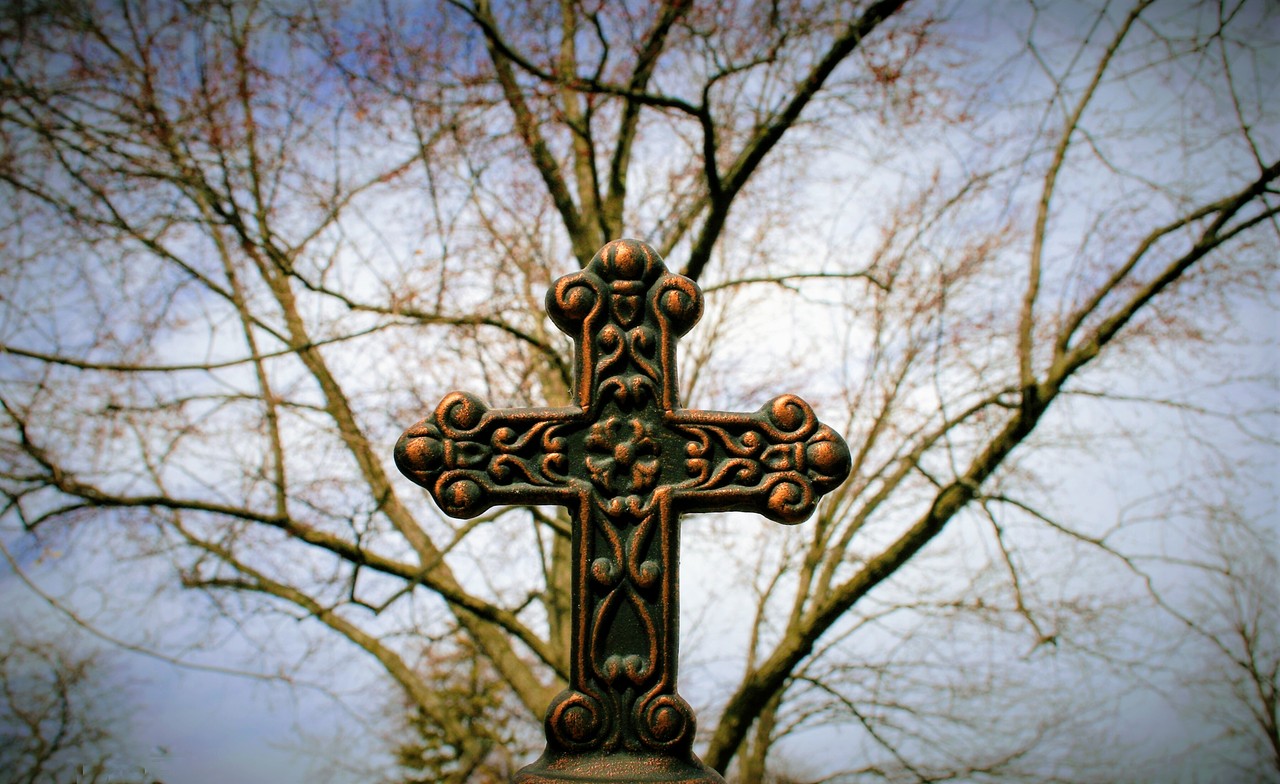March Madness by Pat Cirrincione
The month of March begins like it does every season--snow storms and then days that just hint of spring. The sun is shining, you put on your walking shoes, and out the door you go to enjoy the few hours of sunshine before the next blizzard comes along. And with this month comes the crazy college basketball games and the ending of the college wrestling season. March is just loaded with madness, but none seems as mad as the few weeks Jesus spent preaching, healing and praying right before the Crucifixion.
Today, the magnitude of the crowd that followed Jesus would have placed him in the realm of super stardom. Wherever he preached, crowds went to listen. Many more came to be healed or asked for family members to be healed. And Jesus did it all. He healed the sick, he fed thousands with a few loaves of bread and a few pieces of fish, he raised people from the dead. In short, he was becoming Jesus Christ Superstar.
Yet Jesus needed respite from the crush of those who wanted to touch him, but did not really want to believe, truly believe, in what he said about “being the resurrection and the life” (John 11:25). I image that the true hearts of the crowd had to sadden Him. Even his own apostles did not truly comprehend how great the person was they were hanging out with. Soon it would be too late. Soon Jesus enemies would have their way. Yet the time had not come.
In the meantime, many Jewish people had witnessed what Jesus did and believed in him. On the other hand, the Pharisees gathered to plot Jesus’ death. After all, it would be easier “that one man should die for the people, and not that the whole nation should perish” (John 11:50).
So, began Jesus’ last week on earth. He rode into Jerusalem on a donkey. Can you see it? The throngs of people who came out to meet Him? Waving branches of palm trees and singing “Hosanna! Blessed is He who comes in the name of the Lord! The King of Israel!” (John 12:13) The people were praising God for giving them a king, a national leader who would restore their nation to its former glory. Imagine the excitement in the air.
Alas, devotion based on curiosity and popularity fades quickly, particularly when people don’t really listen to what you are saying. They want the easy solution to their problems. Sound familiar? Don’t we still do that today? The people in Jerusalem, like us, would not believe, despite the evidence, that the Messiah was in their midst! How easy it was for them to be manipulated by the religious leaders of their day. Again, how this must have saddened our Lord to know that “every branch in me that does not bear fruit His Father takes away.” (John 15:1) If the people could not abide in Christ and bear fruit, they could do nothing, and their branches would wither. Would you have understood this at the time?
The True Vine knew what was coming, and in his final days warned us about the world’s hatred, promised the Holy Spirit and instructed his followers to pray in his Then Jesus prayed—for himself, his disciples and future believers (that’s us). All this in the few days He had left before He was betrayed, questioned, denied and dragged before Pilate, only to be led away and crucified.
Jesus died on that that cross, to give his life for us. Do you get it? Do you get the madness that can drive people to kill the Messiah, the Son of God, their Savior, upon a tree? To hang upon it, nailed to it, stripped of all dignity for you? Do you see it? When you look at the empty cross in church, devoid of Jesus’ body, can you imagine the scene of that tree with Christ's body hanging from it, dying for you?
Think about the madness of that Passover season of long ago. It wasn’t cheers for a favorite basketball team, but the frenzy of a crowd gone mad calling to crucify Jesus. When March madness comes along each year, remind yourself to not be a part of the frenzy that happened so long ago, and instead remember the power of the cross for salvation.



